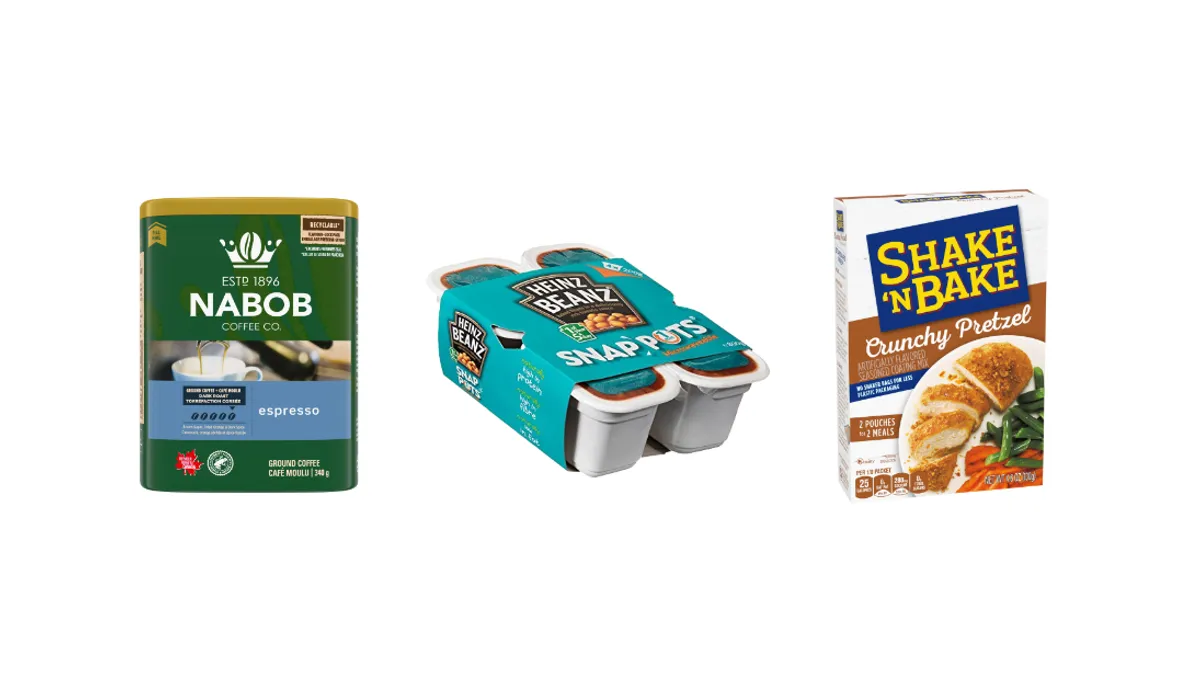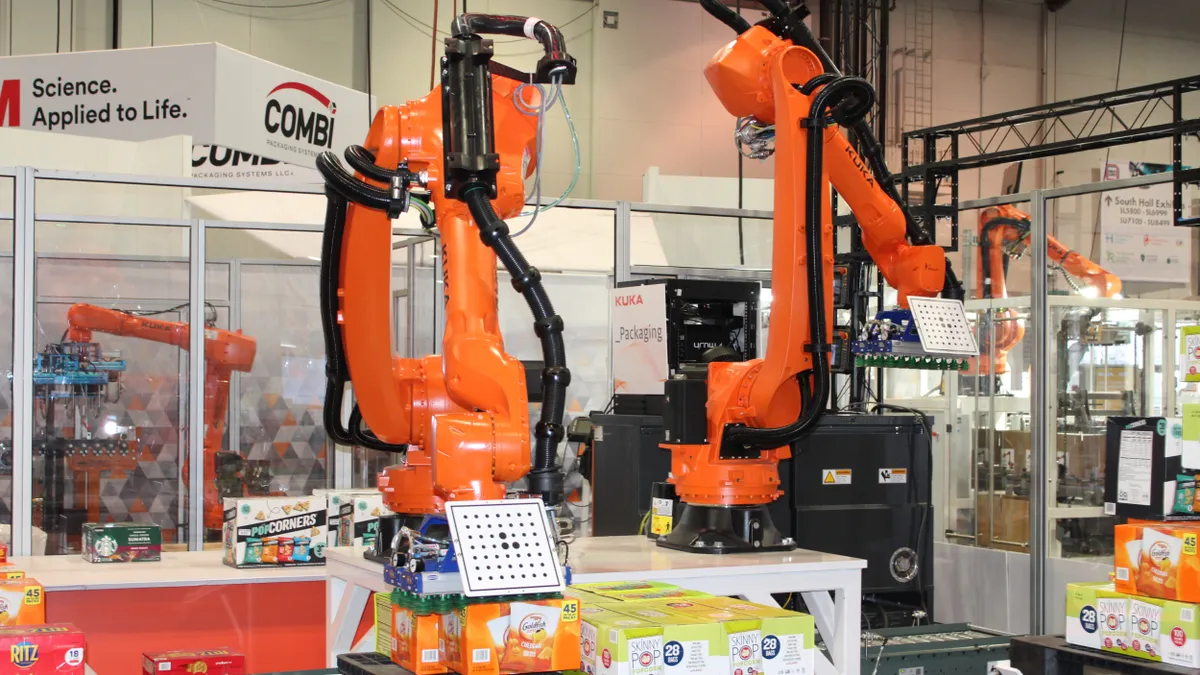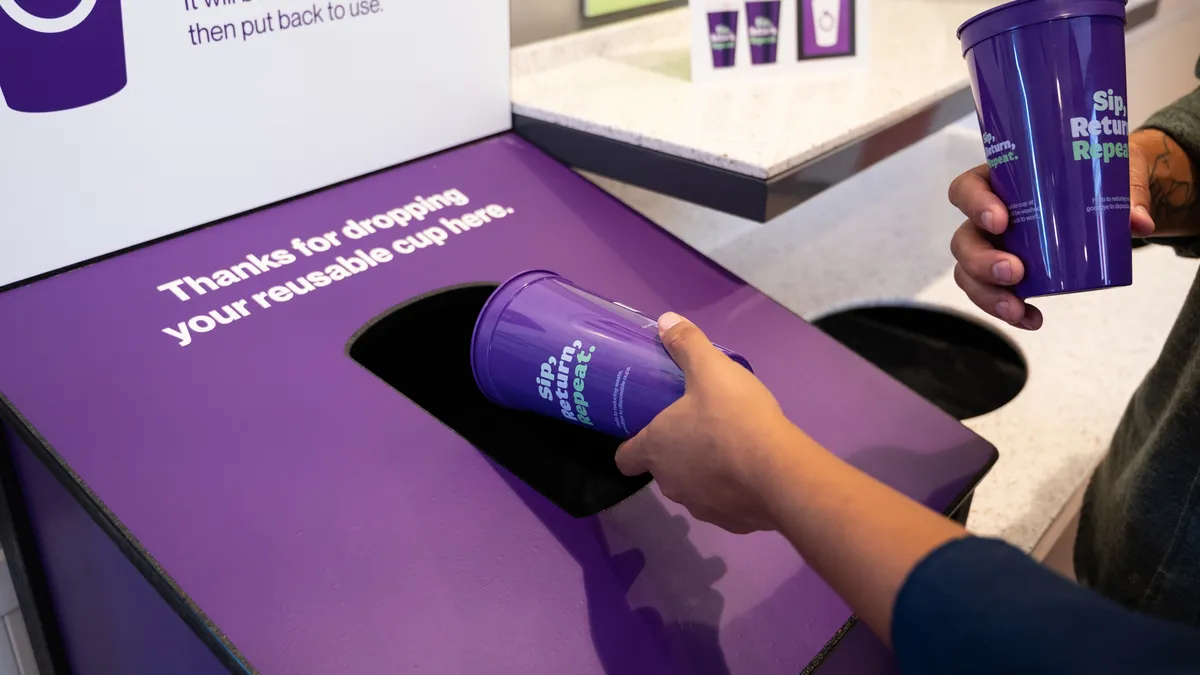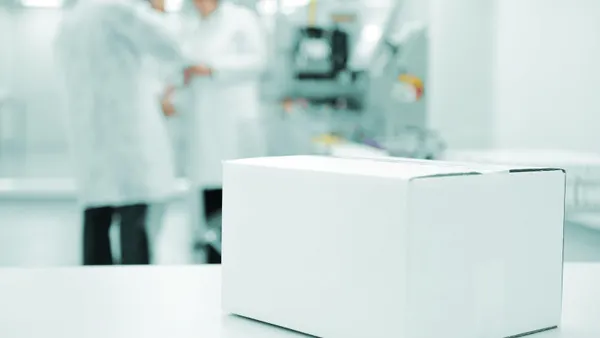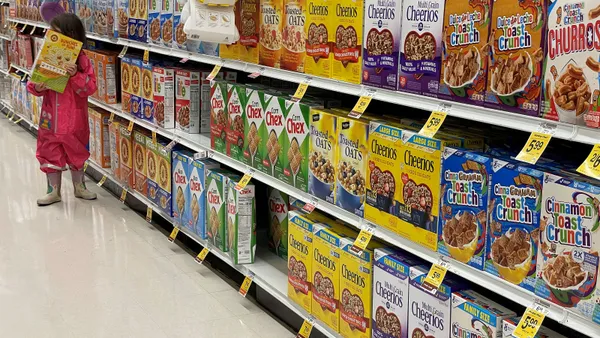Kraft Heinz in 2022 again saw an uptick in the proportion of its packaging considered recyclable, compostable or reusable, according to its 2023 ESG report released Monday. The food products maker said 87% of its packaging fit that metric, up from 83% and 84% in 2021 and 2022, respectively. A participant in the US Plastics Pact, it’s seeking to reach 100% by 2025.
Meanwhile, the company recorded year-over-year increases in the total weight of all packaging, total weight of plastic packaging and non-renewable materials used to produce or package primary products.
The percentage of packaging made from recycled and/or renewable materials also declined slightly from 22% in 2020 and 2021 to 21% in 2022. The amount of renewable materials used to produce or package primary products also fell.
Other big brands’ and retailers’ annual sustainability reports reveal many are facing similar challenges with virgin materials. Clorox recently reported backsliding in its goal to reduce virgin plastic and fiber packaging. Target increased virgin plastic use versus a 2020 baseline. PepsiCo also grew its absolute tonnage of virgin plastic derived from nonrenewable sources. Companies frequently cite business growth as a reason for increases in certain material weights that their sustainability commitments compel them to reverse.
Kraft Heinz said in the report that the majority of its packaging is made of recyclable paper-based, glass or metal materials. “The other portion of our packaging is mostly made up of flexible plastic films or rigid plastic containers,” the report said. Films and flexible materials, while “a critical material in food packaging for convenience, cost, and food safety,” account for the majority of the company’s non-recyclable packaging portfolio. The company said it will focus on design for recycling guidelines and is “working closely with industry groups to collectively improve recycling infrastructure and explore alternatives.”
Going forward, the company will target virgin plastic reduction. Earlier this year, the company announced a new goal to reduce its virgin plastic use 20% by 2030 through incorporating more recycled content and plastic alternatives into its packaging.
Packaging sustainability initiatives that Kraft Heinz has highlighted in the past year include its work with U.K.-based wood pulp-derived packaging developer Pulpex on a paper-based, renewable and recyclable bottle for its tomato ketchup. Kraft Heinz said in its ESG report that the “next step in the process will involve prototype testing to assess performance before testing with consumers and bringing the bottle to market.”
The company has also tried refillable ketchup bottles. In 2022 it expanded its pilot activity with reuse platform Loop, testing glass ketchup bottle reuse via Kroger, Walmart and Giant stores in select U.S. cities to “glean insights from implementing Loop’s fully circular process in our manufacturing operation.”
Kraft Heinz also noted in the report its work with digital watermarking on packaging as part of the HolyGrail 2.0 Project in Europe. It aims to make packaging types more easily identifiable to MRFs’ optical sorters to improve sortation and recycling. “In 2022, Kraft Heinz collaborated with the project to evaluate how well this technology detects and sorts our products. Moving forward, we will continue to collaborate with HolyGrail to further test and roll out this initiative,” the company reported.



